A stolen coffin and $600k ransom: Why two men robbed Charlie Chaplin’s grave
Forty-five years ago, in March of 1978, the illustrious filmmaker’s coffin disappeared from the cemetery at Corsier-sur-Vevey, Switzerland
Your support helps us to tell the story
From reproductive rights to climate change to Big Tech, The Independent is on the ground when the story is developing. Whether it's investigating the financials of Elon Musk's pro-Trump PAC or producing our latest documentary, 'The A Word', which shines a light on the American women fighting for reproductive rights, we know how important it is to parse out the facts from the messaging.
At such a critical moment in US history, we need reporters on the ground. Your donation allows us to keep sending journalists to speak to both sides of the story.
The Independent is trusted by Americans across the entire political spectrum. And unlike many other quality news outlets, we choose not to lock Americans out of our reporting and analysis with paywalls. We believe quality journalism should be available to everyone, paid for by those who can afford it.
Your support makes all the difference.On 1 March 1978, Charlie Chaplin’s coffin disappeared. The filmmaker had been buried two months prior following his death on Christmas Day in Corsier-sur-Vevey, Switzerland. (Chaplin, a native of London, moved to Switzerland with his wife and their children in 1953.)
Chaplin was 88 years old at the time of his death, and the celebrated director behind silent films such as The Kid, The Gold Rush, and City Lights, and talkies (as films containing spoken lines were once called) such as Modern Times, The Great Dictator, and Monsieur Verdoux.
The disappearance of his coffin 45 years ago is still remembered as an especially brazen instance of grave robbing.
Chaplin’s wife Oona Chaplin received a ransom demand of some $600,000, after which police officers began monitoring phone lines in the area, according to The History Channel. Authorities arrested two men, Roman Wardas and Gantscho Ganev, in connection to the theft and ultimately led police to the field in which they had buried the coffin.
Wardas was described by The Guardian in a report dated 12 December 1978 as a young Polish refugee and a car mechanic. He told the court he took part in the robbery because he, like Ganev, was experiencing financial issues.
“As a result I decided to hide Charlie Chaplin’s body and solve my problems,” he said, according to the newspaper. Wardas told the court he had asked Ganev, a friend of his, to assist in the theft.
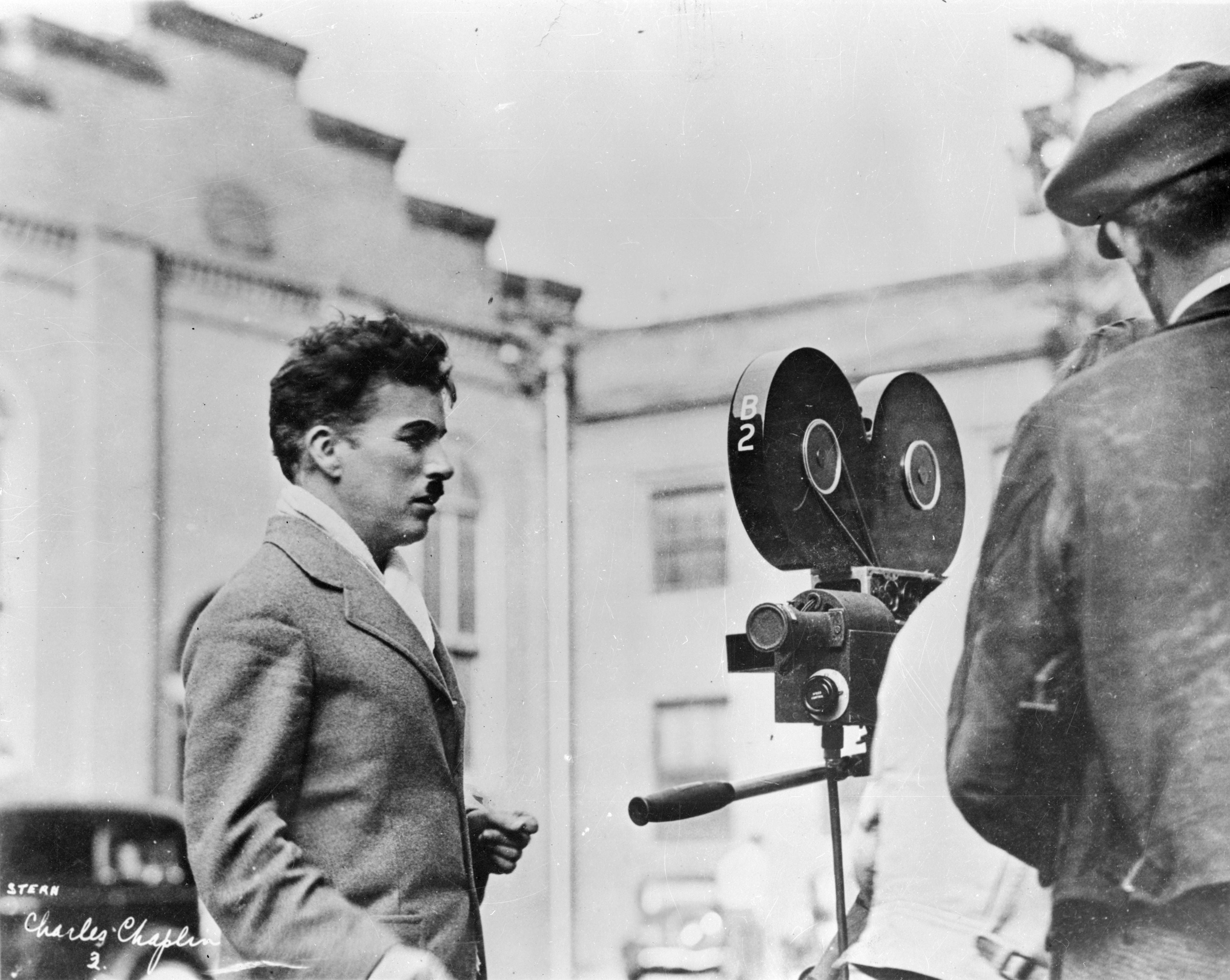
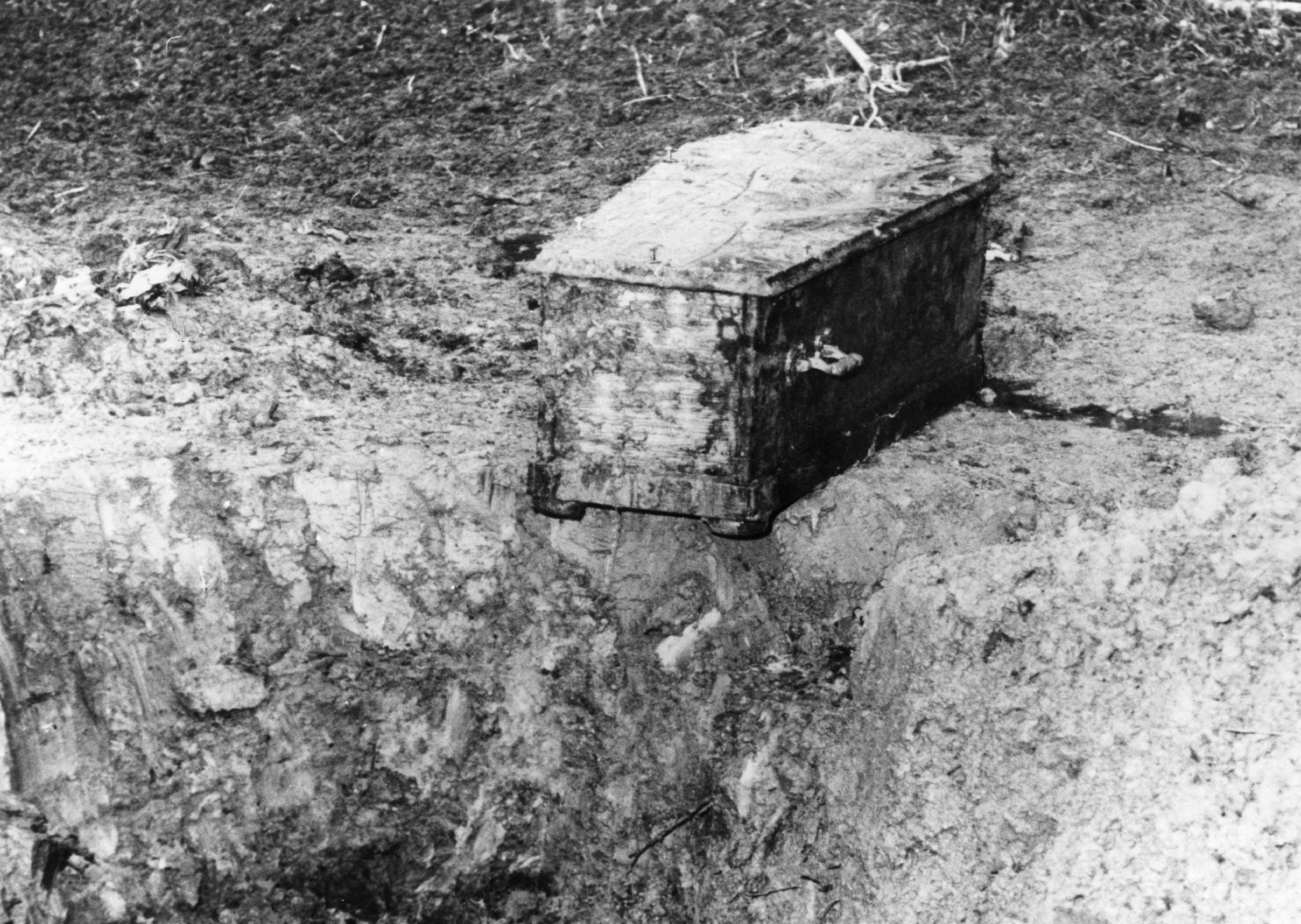
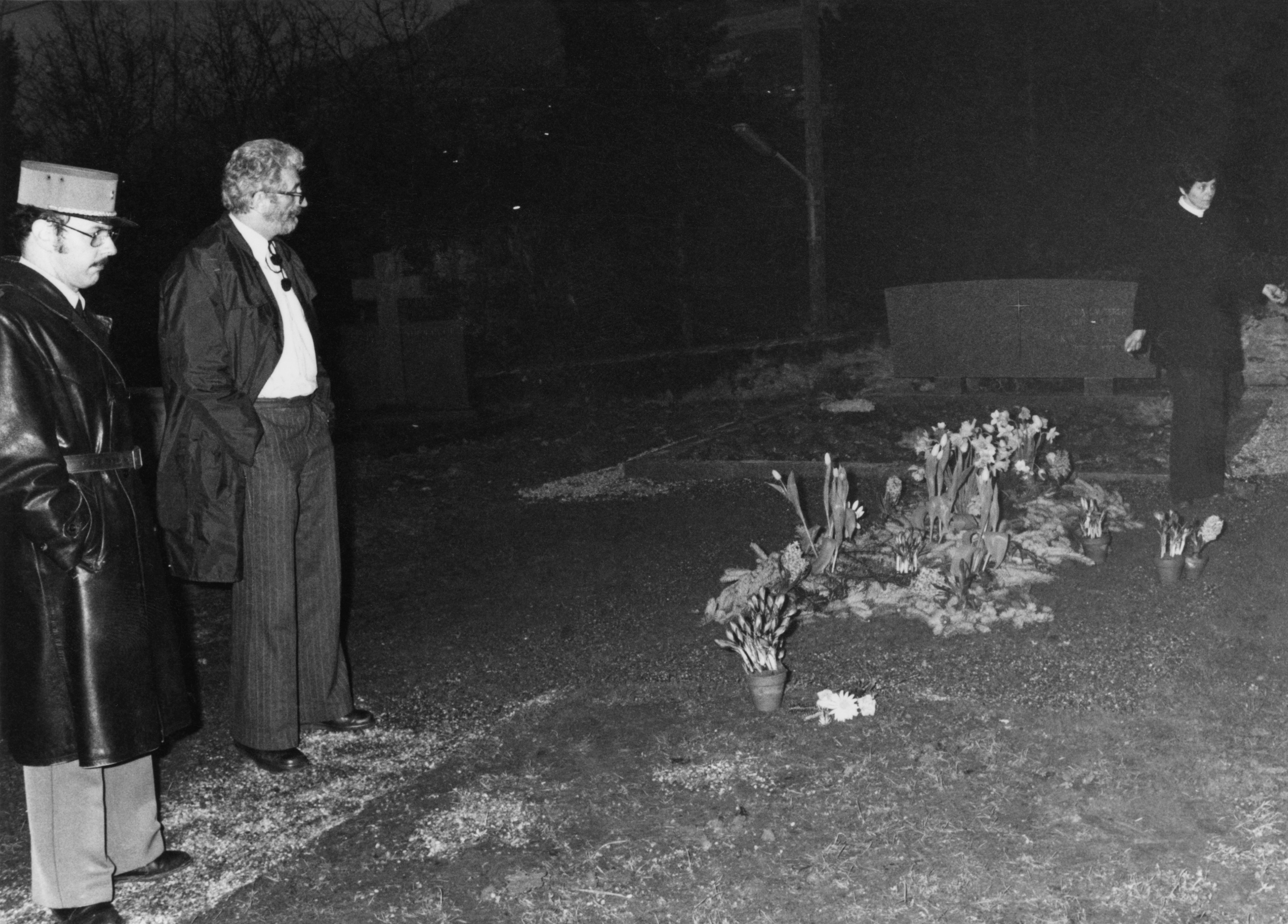
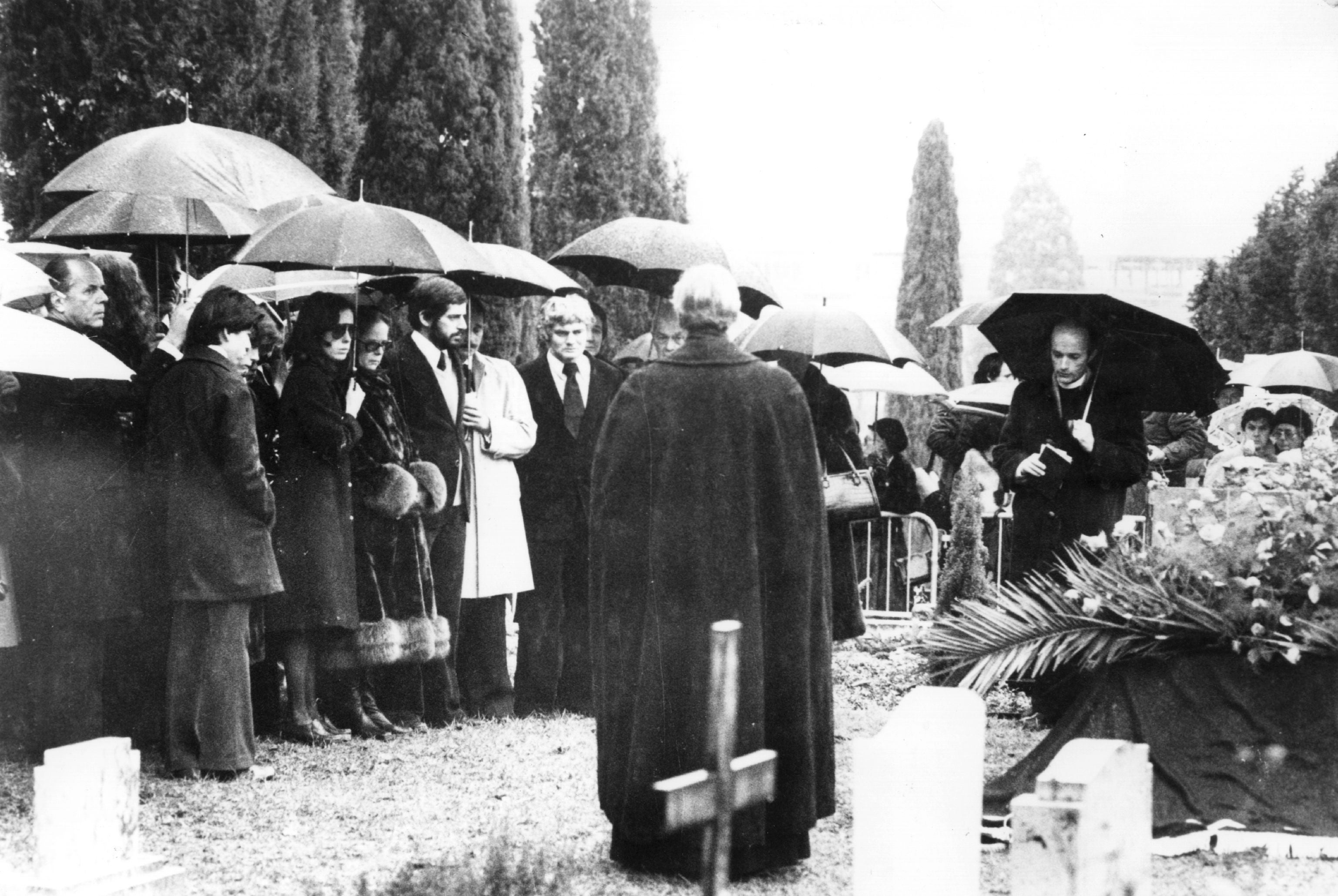
Ganev, according to The Guardian, told the court he had been jailed in Bulgaria after trying to flee to Turkey, “but had eventually succeeded in escaping to the West, finding work as a car mechanic in Lausanne.” The newspaper reported that Wardas was sentenced to four and a half years of hard labor for the theft, and Ganev received a suspended sentence of 18 months.
Years later, in 2014, the incident became the basis of the French film The Price of Fame, directed by Xavier Beauvois and starring Belgian actor and comedian Benoît Poelvoorde. As reported by The Independent that year, Charlie and Oona’s son Eugene and their granddaughter Dolores both appeared in it.
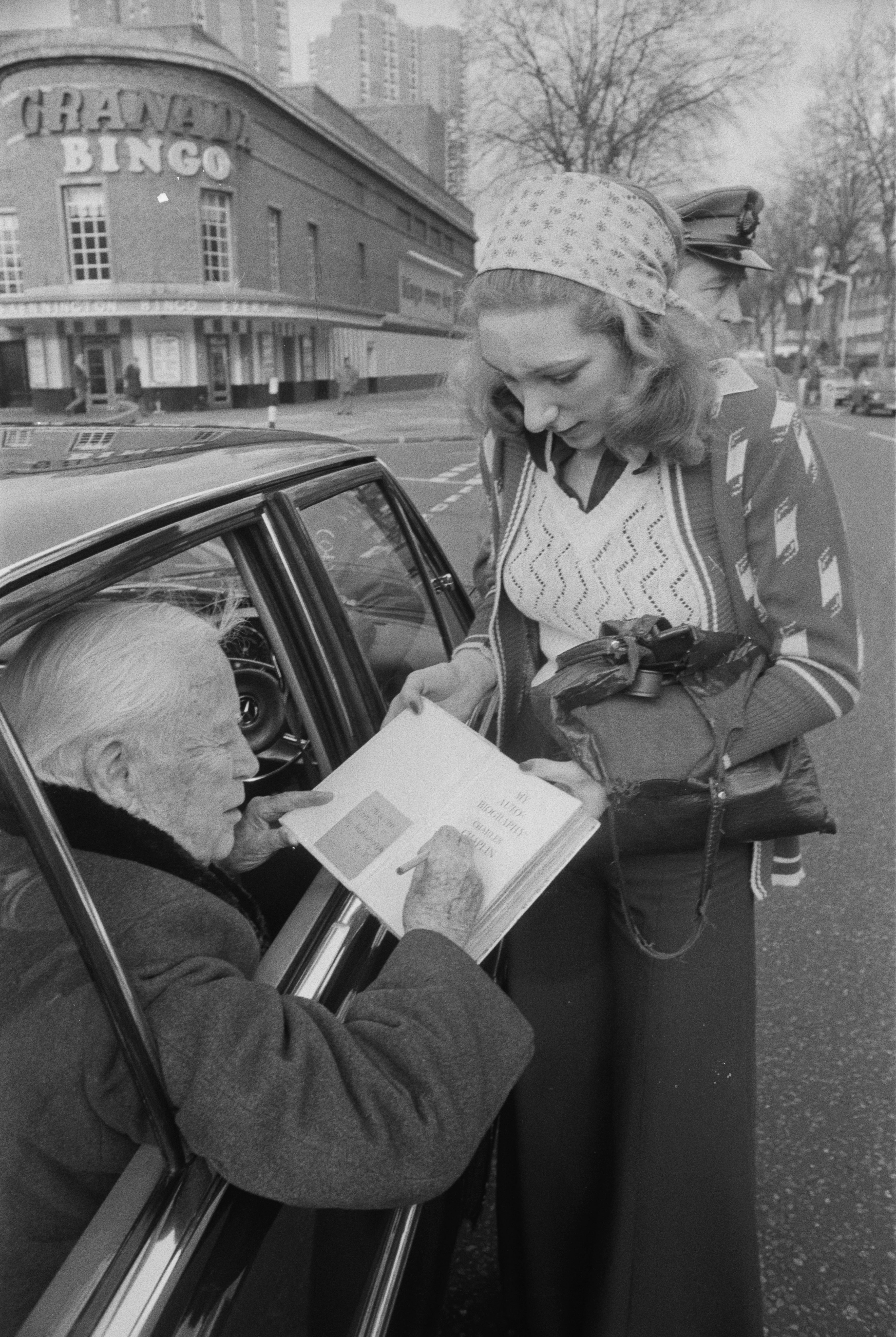
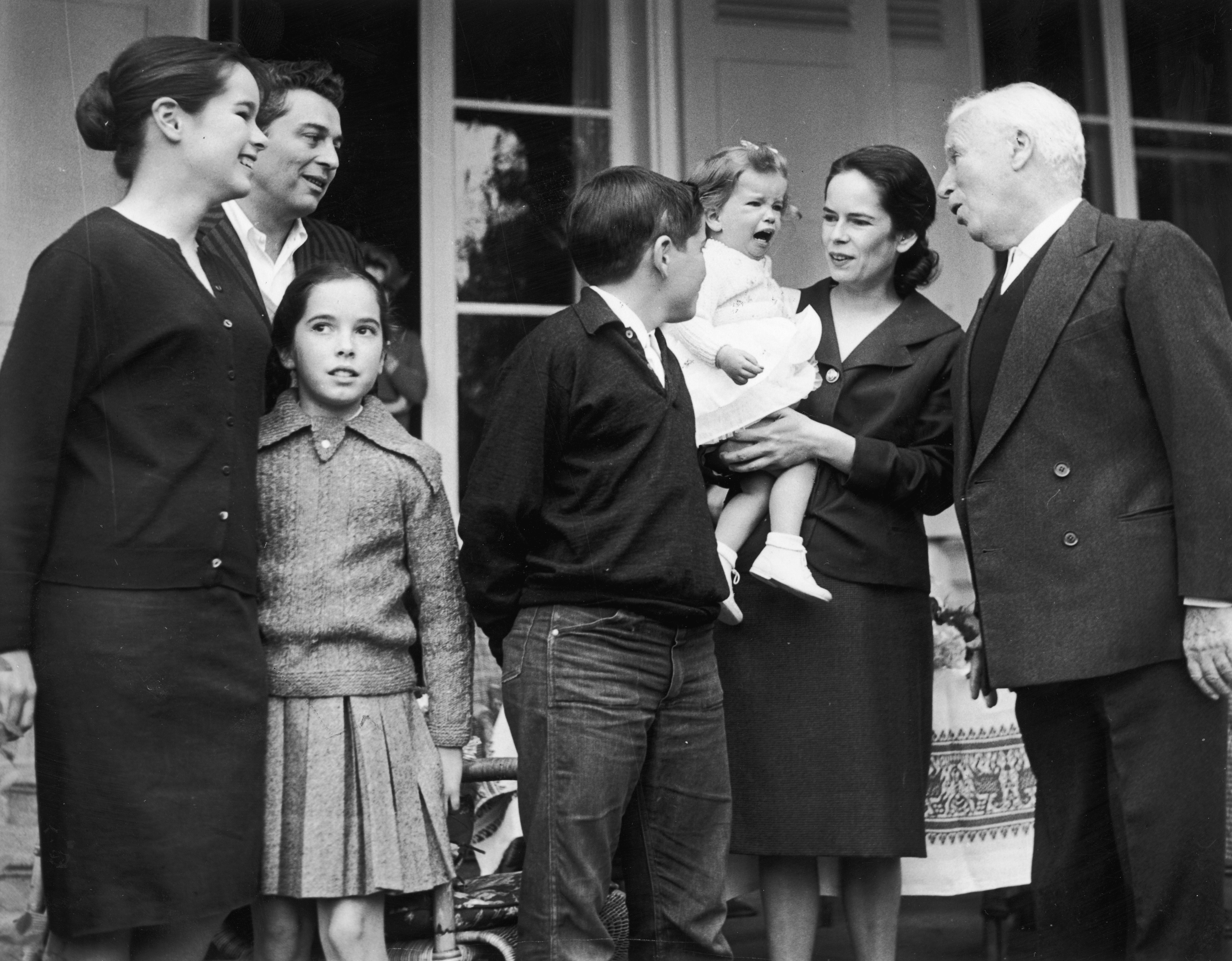
Eugene, speaking to The Independent at the time, recounted how his family first learned that Charlie’s coffin had been stolen. “We got a phone call from the police who said, look, somebody has dug up the grave,” he said. “The coffin has gone. It was a horrendous thing to happen—especially in Switzerland where everything is so quiet.”
Per Eugene, the wife of one of the robbers once wrote to Oona to ask for forgiveness for her husband’s actions. “My mother wrote back saying. ‘Look, I have nothing especially against you and all is forgiven,’” Eugene told The Independent.
The coffin was buried again in its original spot in Corsier-sur-Vevey, where it remains.

Join our commenting forum
Join thought-provoking conversations, follow other Independent readers and see their replies
Comments